The Museum of Latin American Arts and the Long Beach African American Cultural Center collaborated to host the event “De colores: A Black and Brown Conversation” on Feb. 23, featuring panelists from the Afro-Latinx community to share their experiences with history and identity.
Panelists included Ryan Hoyle, founder of Play Nice in Long Beach, a community space for Black and Brown youth to express themselves through pop up shops, seminars or other programs, according to Hoyle. Hoyle was raised in Long Beach and attended Long Beach State University.
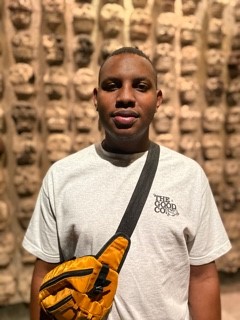
At the event, Hoyle explained his current project called Rememory, a term coined by writer Toni Morisson, which is a community digital archival that will allow people to share photographs and document what the photograph is about to preserve history.
“You hear it all the time, if you don’t tell your story, you’ll allow someone else to tell it,” Hoyle said. “So we want to take that power back and reclaim these images and really get the information out there to create a society that is more racially aware and in tune with a lot of the stories and narratives of the people that make up the community.”
Hoyle shared photographs he took while in Honduras, including an image of his grandmother smiling in her native country.
He explained that the project was born out of the fact that he was part of the last generation to have physical photos of themselves. Now, people use phones or tablets to store photographs.
Vice President of the Long Beach African American Cultural Center Tasha Hunter moderated the event, and explained how “De colores: A Black and Brown Conversation” came about.
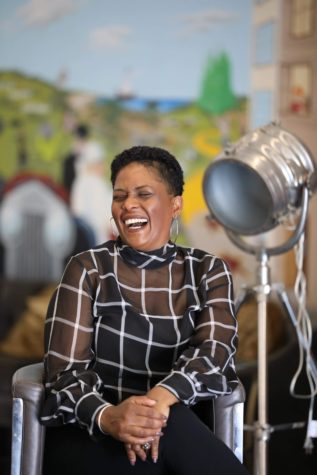
“I recently heard the Black and Brown community does not get along here in Long Beach, and that jolted me,” Hunter said, explaining that when it was time to do the Afro-Latinx festival for 2021, she proposed to have this conversation. “It’s an intentional conversation, it’s an important conversation. And I will say to that, the black and brown community don’t get along, it’s time to change the narrative. It’s time to change our relationships.”
Bresheena Baseel is the founder of Azúcar Negra Productions, an event company that educates people about the diversity in the African and Black community. Baseel, whose father was born in Belize and her mother was born in El Salvador, shared her experience with intrusive questions about her identity.
“After years of having to explain my background and answer questions from my Latinx community and other communities such as, ‘Why do you speak Spanish?,’ I realized that a common pattern amongst Californians is that they have not been they had not been exposed to Afro-Latinos,” Baseel said. “And if they were, it certainly wasn’t someone of my complexion with my kinky curly hair.”
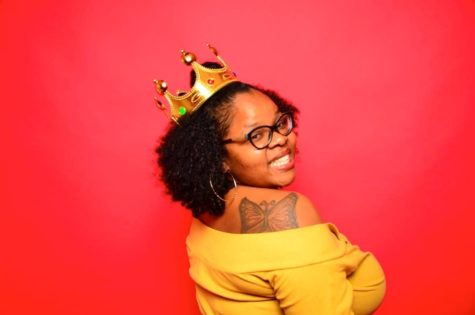
Basheel graduated from San Francisco State University, transferring out of Long Beach City College where she participated in community organizing work for the Black students on campus.
But growing up, Basheel shared memories of hearing people question her mother’s relationship to herself and her siblings. Basheel also shared an excerpt from the autobiography she is writing, a moment where she first became aware of race after being told as a child she could not play with her peers due to how she looked.
Those experiences taught Basheel, she said, how to be “solution-oriented” and to speak up for herself.
The final panelist of the evening was Gloria Arjona, who teaches at the California Institute of Technology and calls herself a storyteller through visual images and song.
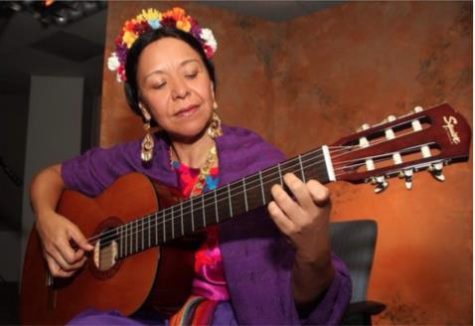
Arjona, raised in Mexico City, discussed the history of how enslaved Africans were taken to South and Central America, with many first in Brazil and Mexico. She explained how the African populations’ culture lived on, as seen through words used in Spanish derived from African languages, as well as similarities in music, dances and food.
Before she finished her discussion, Arjona sang “De colores” live, which is a well-known song throughout Spanish-speaking countries and known as a Mexican folk song.
Attendees of the event, which according to Hunter, was over 80 at one point, were invited to share their experiences. Others left comments and one said the event was “helpful in understanding the shared legacy of the Latinx and Black cultures.”
The Afro-Latinx Festival continues until Feb. 28. To attend the next event, visit the Museum of Latin American Arts’ website and register.

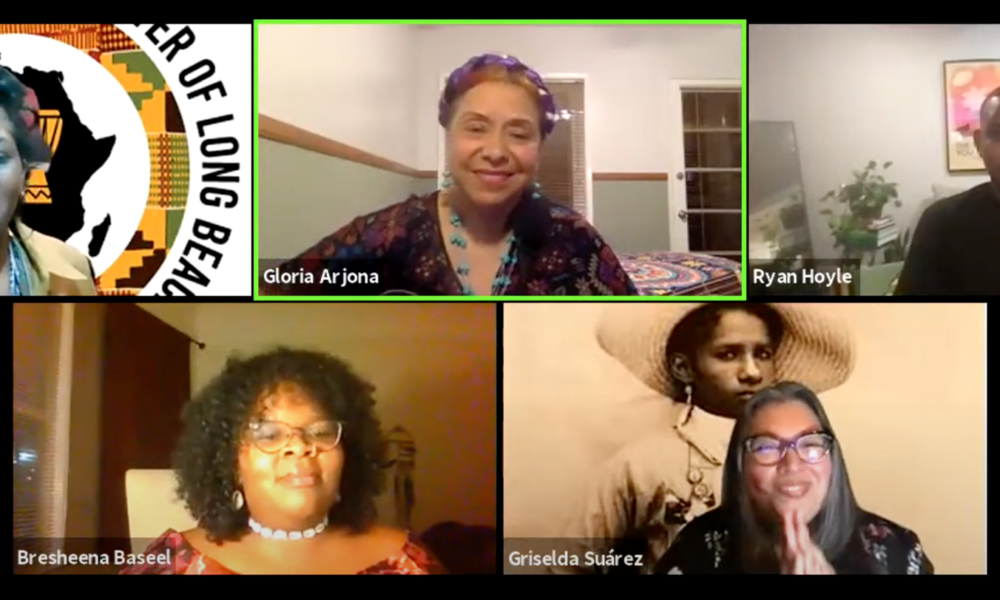



Latin is not a race is a culture. There are all kinds of races within the Latin America culture from Mexico to Argentina and even within this countries there are cultural differences.
What I don’t understand is The meaning of Latinx. Can some body explain it to me.
Thank you
Al
Hi there, the term Latinxs refers to a person of Latin American origin or descent and is used as a gender-neutral or nonbinary alternative to Latino or Latina. Hope this helps!